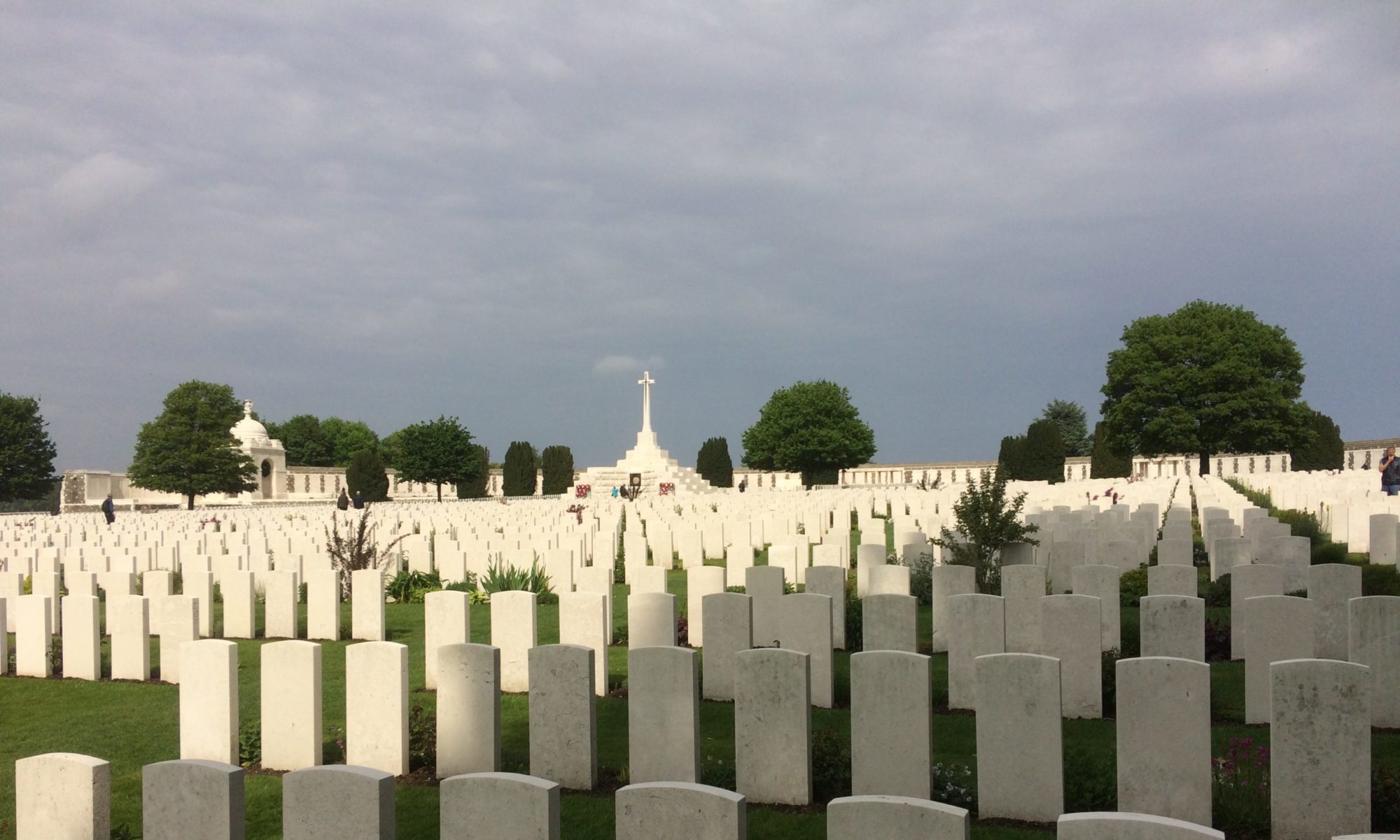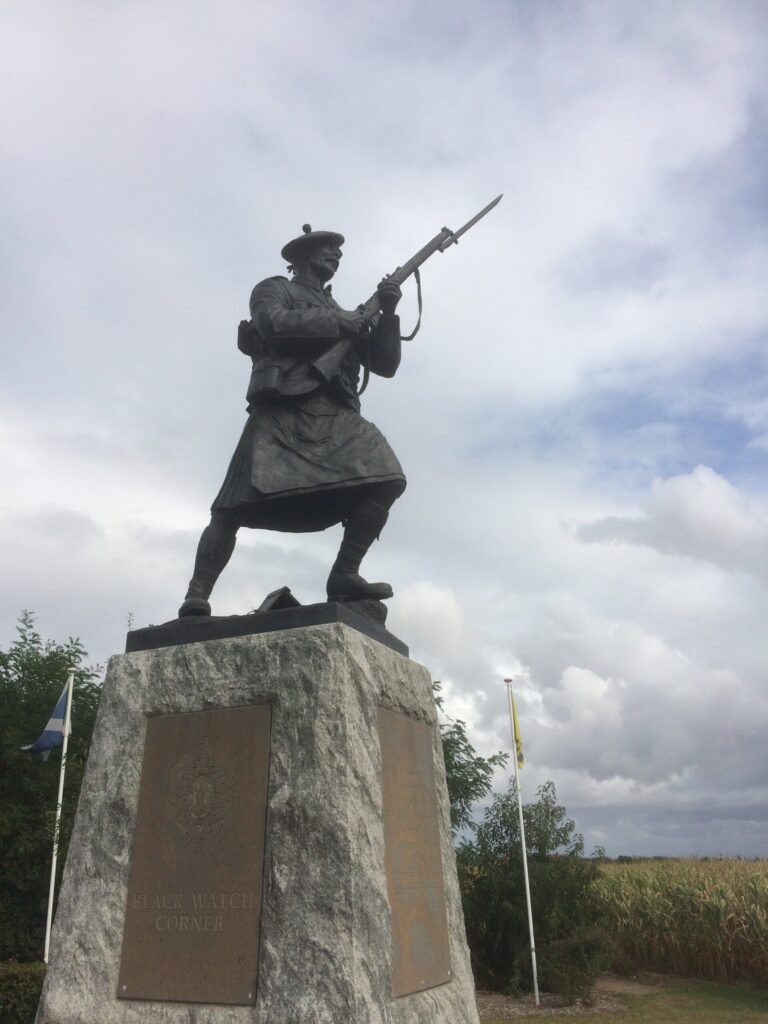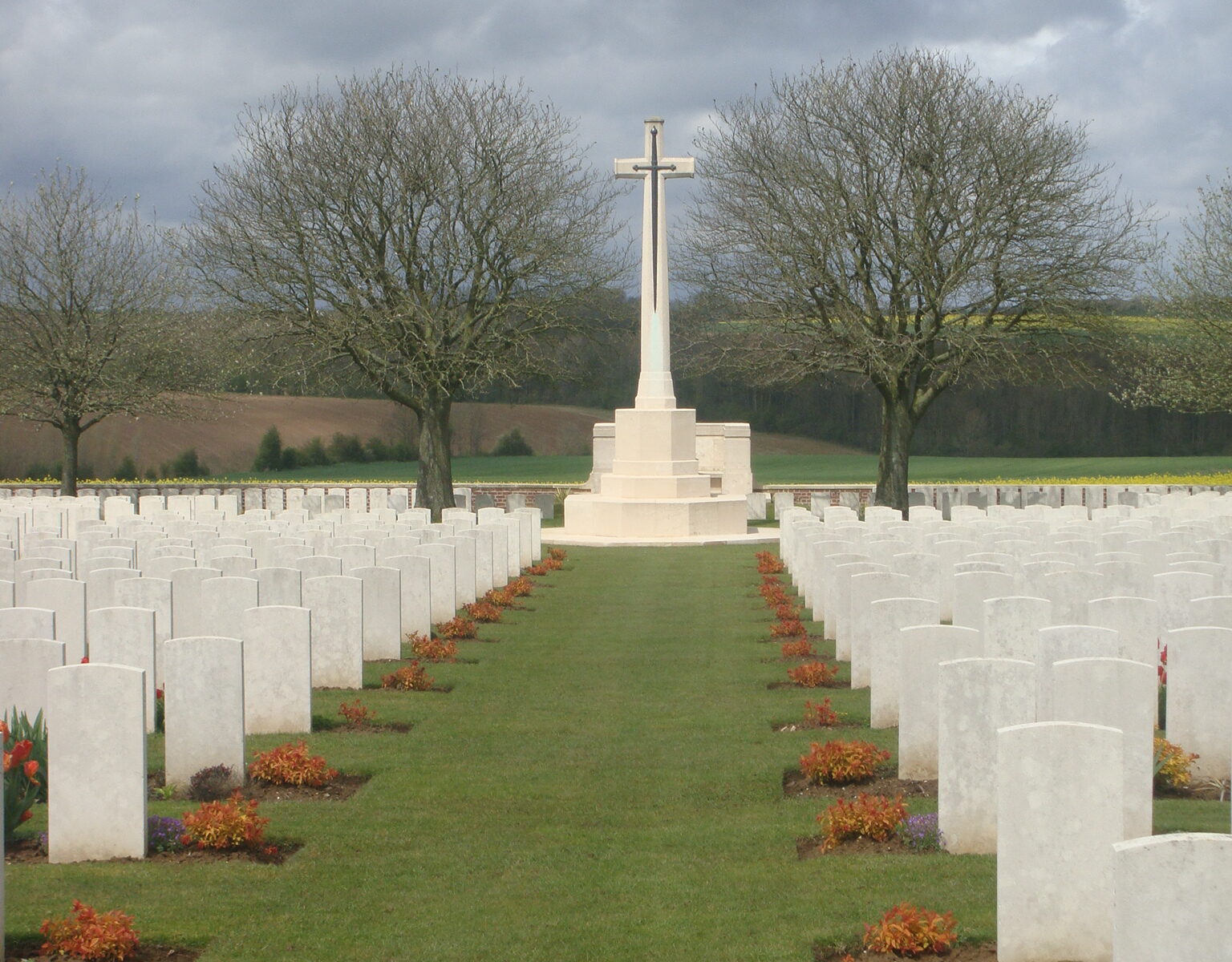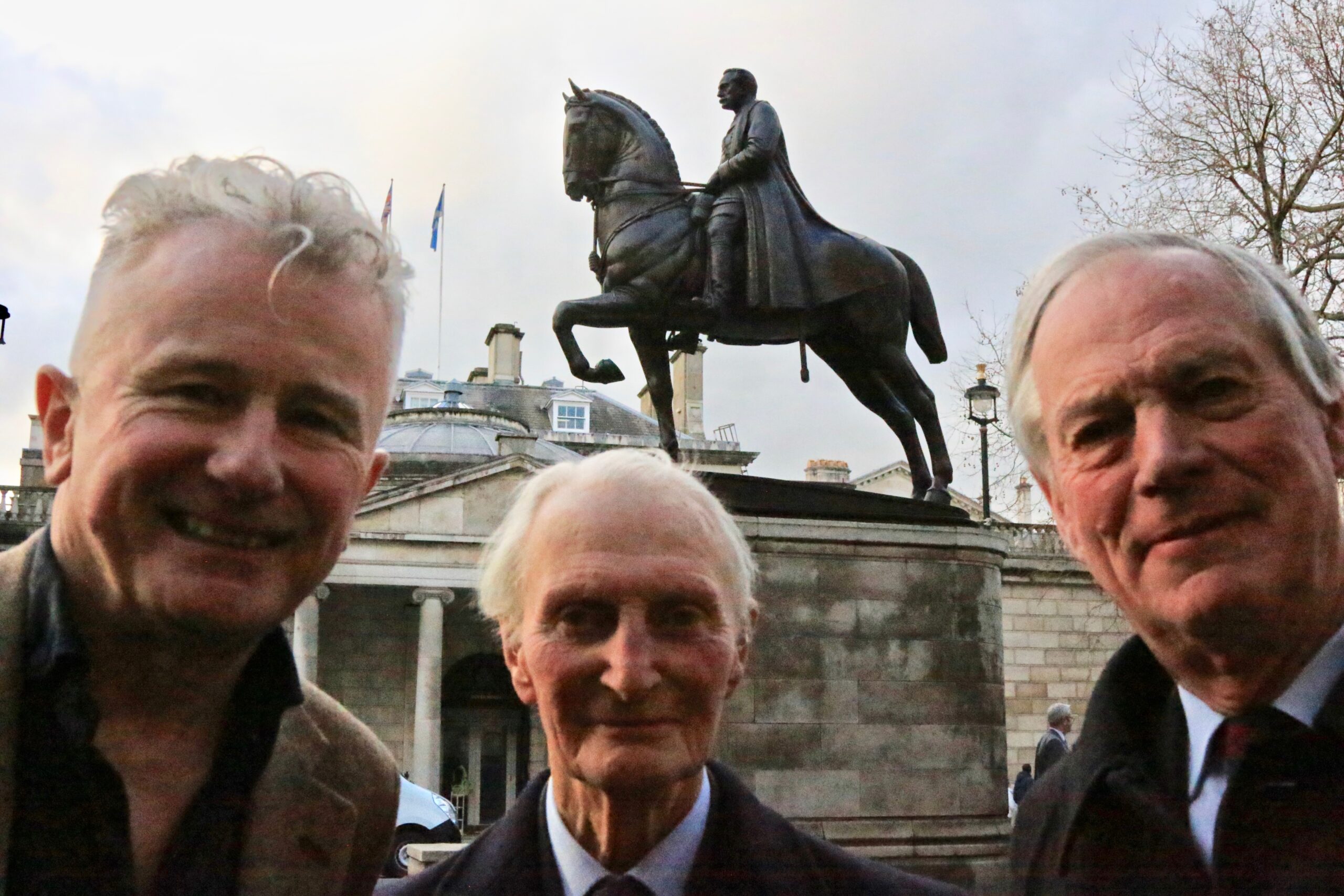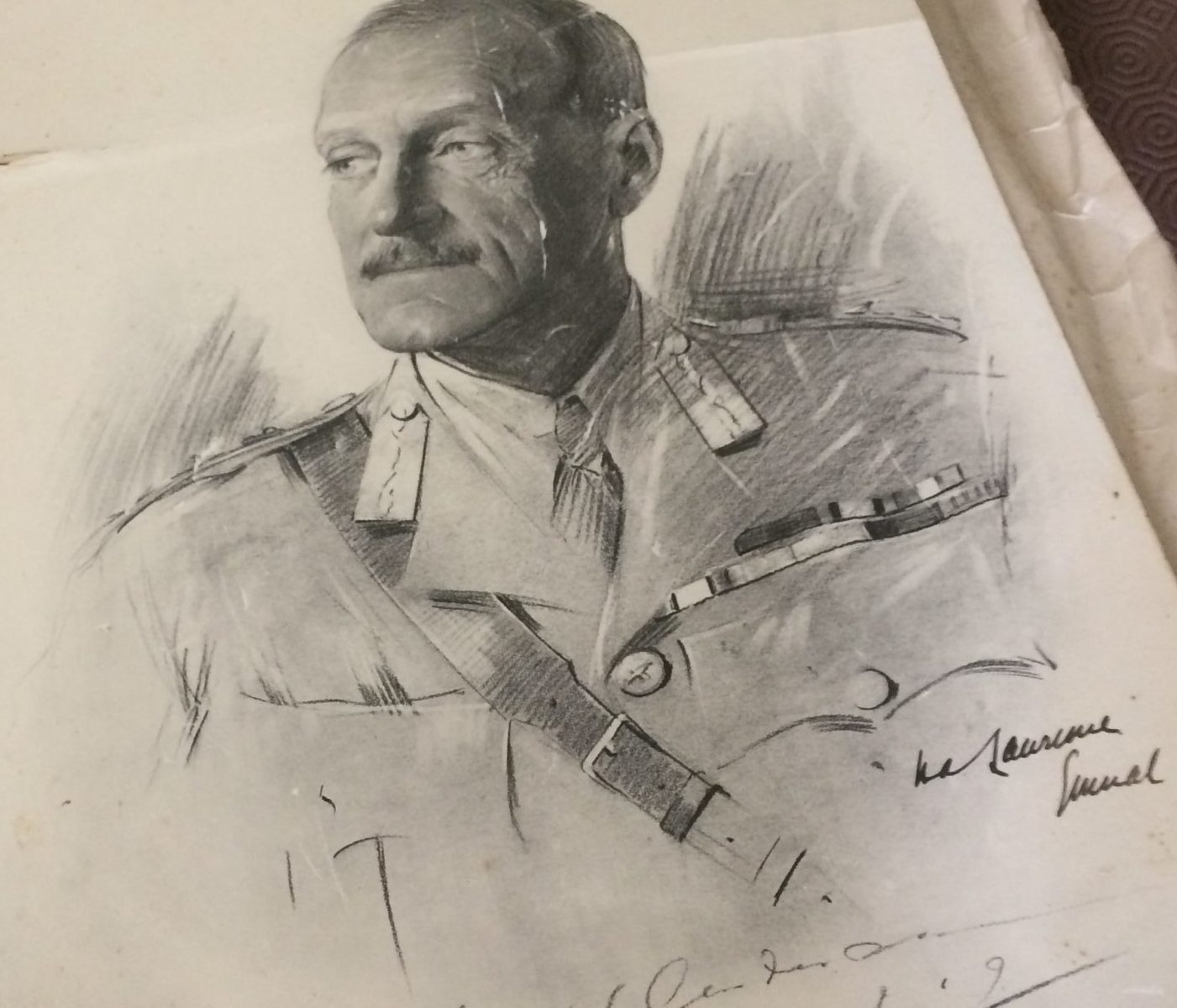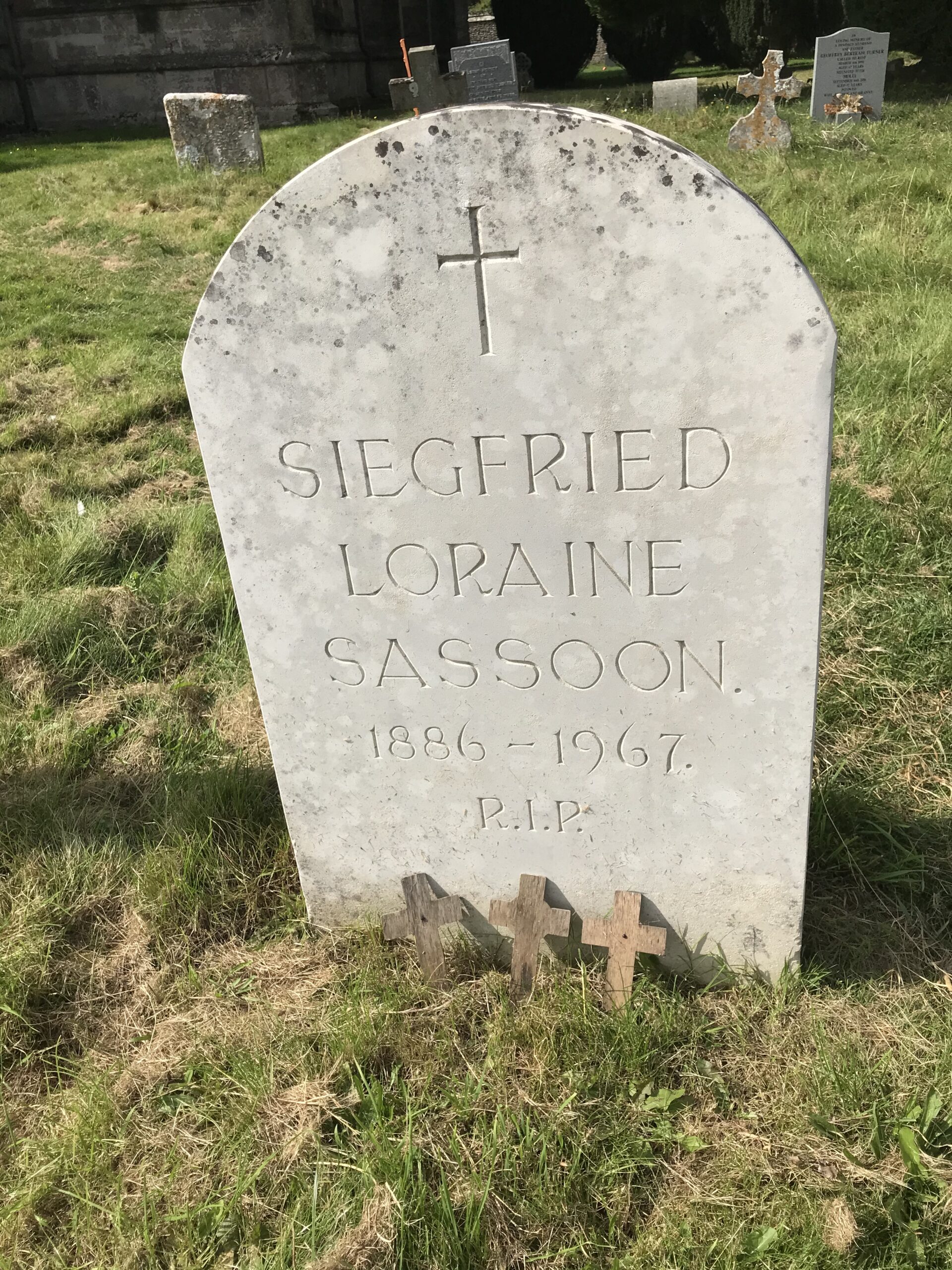
Poetry and literature have been influential in shaping the British narrative of the First World War. One of the best known writers was Siegfried Sassoon. His poetry has played a significant role in determining some of the most popular perceptions of the war. This view of how the war was conducted was underlined by his autobiographical account The Complete Memoirs of George Sherston.
Criticism of the command of the British army has not been hard to find in the historiography of the war with Sassoon one of the leading lights. Integral to that command function, the work of the staff has been the subject of fierce condemnation by many of the memoirs generated by the war. If an action failed, blame the staff. They have been perceived as an elite who did not share the dangers of war with the troops. The staff have been characterised as incompetent, isolated and indulged.
Was there another side to that argument? What about the case in defence of the staff? It was notable that Sassoon wrote, ‘Let the Staff write their own books about the Great War, say I. The Infantry were biased against them, and their authentic story will be read with interest’. In my book, The Men Who Planned the War (2016) I have endeavoured to tell that story.
